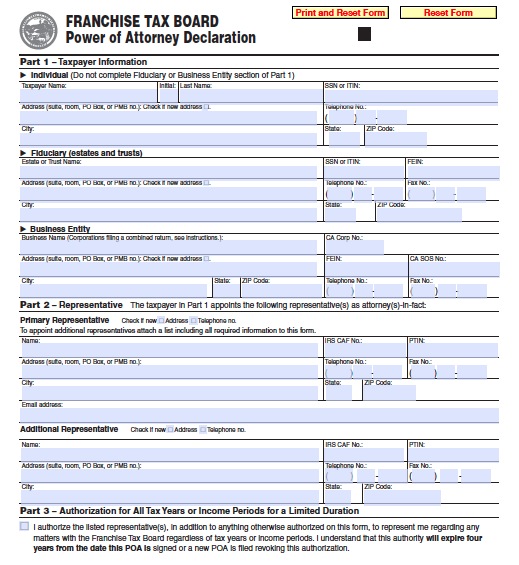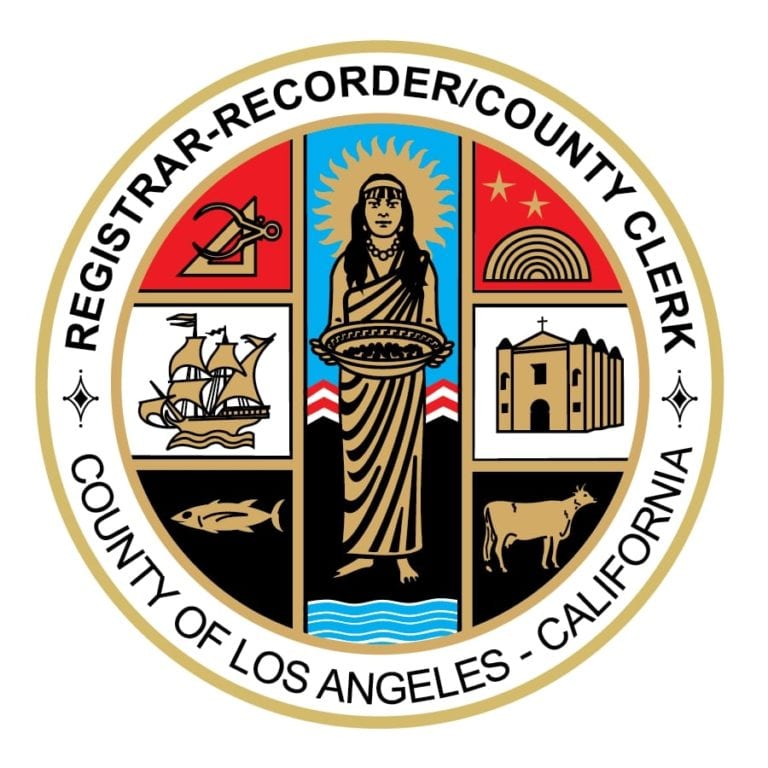Understanding The Franchise Tax Board In California: A Comprehensive Guide
California's Franchise Tax Board (FTB) plays a crucial role in managing state taxes and ensuring compliance among businesses and individuals. As one of the most significant tax authorities in the United States, the FTB handles a wide range of tax-related responsibilities, from processing tax returns to enforcing tax laws. Understanding the FTB's functions and regulations is essential for anyone living or doing business in California.
The FTB is not just another government agency; it is a vital entity that ensures California's financial stability. Its primary mission is to administer state tax laws fairly and efficiently, while also providing taxpayers with the necessary resources to meet their tax obligations. Whether you're a small business owner, an employee, or a retiree, the FTB's policies and procedures directly impact your financial life.
In this article, we will delve deep into the Franchise Tax Board's operations, responsibilities, and the services it provides. By the end, you will have a clear understanding of how the FTB works and how it affects your financial well-being in California. Let's get started!
Table of Contents
- Introduction to Franchise Tax Board in California
- History and Establishment of the FTB
- Key Functions of the Franchise Tax Board
- Types of Taxes Managed by the FTB
- Ensuring Tax Compliance
- Resources for Taxpayers
- Impact on Businesses
- Impact on Individuals
- Penalties for Non-Compliance
- The Future of the FTB
Introduction to Franchise Tax Board in California
The Franchise Tax Board in California is a state agency responsible for overseeing various tax-related matters. Established to streamline the tax collection process, the FTB ensures that businesses and individuals comply with state tax laws. Its mission is to administer these laws fairly and efficiently while providing taxpayers with the necessary tools and information.
Why the FTB Matters
The FTB's importance cannot be overstated. It plays a pivotal role in maintaining California's economy by collecting revenue that funds public services, infrastructure, and education. Without the FTB, the state would face significant challenges in managing its finances and ensuring equitable taxation.
History and Establishment of the FTB
The Franchise Tax Board was established in 1943 to handle the state's tax administration. Over the years, it has evolved to adapt to changing economic conditions and technological advancements. The FTB's history is marked by its commitment to innovation and efficiency in tax management.
Key Milestones
- 1943: The FTB is officially established.
- 1980s: Introduction of electronic filing options.
- 2000s: Expansion of online services for taxpayers.
Key Functions of the Franchise Tax Board
The FTB performs several critical functions to ensure the smooth operation of California's tax system. These functions include:
- Tax return processing.
- Enforcement of tax laws.
- Collection of unpaid taxes.
- Providing taxpayer assistance.
Tax Return Processing
One of the primary responsibilities of the FTB is to process tax returns submitted by individuals and businesses. This involves verifying the accuracy of the information provided and calculating the correct tax liability.
Types of Taxes Managed by the FTB
The FTB oversees various types of taxes, each with its own set of rules and regulations. Some of the key taxes managed by the FTB include:
- Personal income tax.
- Corporation tax.
- Franchise tax for businesses.
Personal Income Tax
Personal income tax is a significant source of revenue for California. The FTB ensures that individuals accurately report their income and pay the appropriate amount of tax based on their earnings.
Ensuring Tax Compliance
Compliance is a cornerstone of the FTB's operations. The agency employs various strategies to ensure that taxpayers adhere to state tax laws, including audits, penalties, and educational programs.
Audits
Audits are conducted to verify the accuracy of tax returns. The FTB selects returns for audit based on specific criteria, such as discrepancies in reported income or deductions.
Resources for Taxpayers
The FTB offers a wealth of resources to help taxpayers navigate the complexities of state tax laws. These resources include online tools, publications, and customer service channels.
Online Tools
FTB's online platform provides taxpayers with convenient access to their account information, tax forms, and payment options. This digital transformation has made tax filing more accessible and efficient.
Impact on Businesses
Businesses in California are subject to various taxes administered by the FTB. Understanding these obligations is crucial for maintaining compliance and avoiding penalties.
Franchise Tax
The franchise tax is a fee imposed on businesses operating in California. It applies to corporations, partnerships, and limited liability companies (LLCs). Businesses must file an annual return and pay the franchise tax, even if they did not generate income during the year.
Impact on Individuals
Individuals residing in California must also comply with state tax laws. The FTB provides resources to help individuals understand their tax obligations and file their returns accurately.
Income Tax Filing
Individuals are required to file a state income tax return if their income exceeds certain thresholds. The FTB offers guidance on deductions, credits, and other tax-related matters to assist taxpayers.
Penalties for Non-Compliance
Failure to comply with state tax laws can result in significant penalties. The FTB enforces these penalties to encourage timely and accurate tax reporting.
Common Penalties
- Late filing penalties.
- Underpayment penalties.
- Failure to pay estimated taxes.
The Future of the FTB
As technology continues to evolve, the FTB is committed to enhancing its services and improving taxpayer experiences. Future developments may include more advanced online tools, increased automation, and expanded educational programs.
Technological Advancements
The FTB is actively exploring ways to leverage technology to streamline tax administration. This includes implementing artificial intelligence for fraud detection and enhancing cybersecurity measures to protect taxpayer data.
Conclusion
In conclusion, the Franchise Tax Board in California is a vital institution that ensures the fair and efficient administration of state tax laws. By understanding its functions, responsibilities, and the resources it provides, taxpayers can better navigate the complexities of tax compliance.
We encourage you to share this article with others who may benefit from the information. If you have any questions or comments, please feel free to leave them below. Additionally, explore our other articles for more insights into financial and tax-related topics. Stay informed and compliant with California's tax laws!


